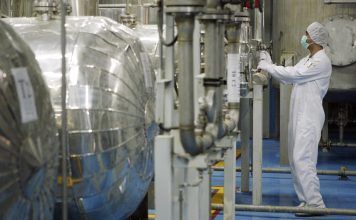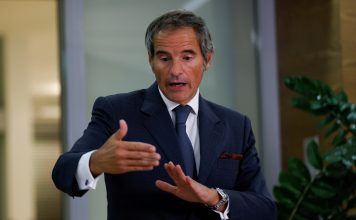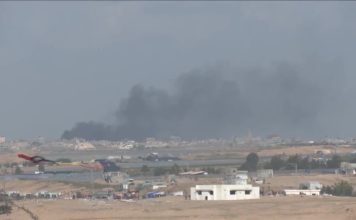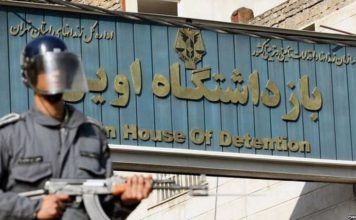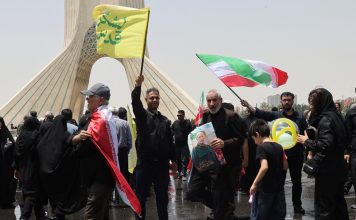By John Irish and Parisa Hafezi
NEW YORK, Sept 19 (Reuters) – France said on Monday that there would not be a better offer for Iran to revive a nuclear deal with world powers and it was up to Tehran to decide now with the EU coordinator for the talks saying he saw little chance of progress this week.
Months of indirect talks between Iran and the United States have foundered over several issues, including Tehran’s insistence the International Atomic Energy Agency (IAEA) close an investigation into uranium traces found at three undeclared sites before the pact is revived, and a U.S. guarantee that Washington would not walk out of any nuclear agreement again.
Iran Raises Possibility of Meeting at U.N. Assembly to Revive Nuclear Deal
“There will not be a better offer on the table and it’s up to Iran to take the right decisions,” French Foreign Minister Catherine Colonna told reporters on the sidelines of the United Nations’ General Assembly in New York, adding that no initiatives were underway to unblock the situation.
Her comments were echoed by EU foreign policy chief Josep Borrell, the negotiations’ coordinator, who told reporters in New York that he saw no prospect of any progress during this week’s gathering of world leaders.
“There is a proposal from the (EU) coordinator on the table and it will remain on the table. I don’t see a better solution and it won’t become caduc (null and void),” he said.
Western diplomats have said there are no active negotiations at the moment and it was unlikely that a breakthrough could happen before the U.S. mid-term elections in November. They have accused Iran of going backwards in the talks, something Tehran denies.
“There are indications that the IAEA intends to close the case of the three sites … ,” Iran’s nuclear chief Mohammad Eslami said in remarks carried by Iranian state media on Monday. “We hope that they will be honest and do not waste more time in order to pressure Iran.”
European officials have been adamant that Iran must give credible answers to the IAEA’s questions, fearing that if the issue was swept under the carpet it could weaken the Nuclear Proliferation Treaty, the framework to halt the spread of nuclear weapons-making capability.
Colonna said the United States and its European partners shared an identical position on the question of resolving an investigation.
Borrell’s comments sparked a response from Russia’s envoy to the talks, Mikhail Ulyanov, who said on Twitter the finger pointing showed things had reached a stalemate.
“Attempts to put all the blame on #Iran aren’t fair. The talks are too much dependent on the domestic political schedule of another participant,” he said, referring to the upcoming U.S. elections.
Iranian President Ebrahim Raisi, who addresses world leaders at the U.N. on Wednesday, said on Sunday that Iran would be serious about reviving the nuclear deal if there were guarantees the United States would not again withdraw from it as it had done under President Donald Trump.
The U.S. has offered certain guarantees for 2.5 years, diplomats said, but is unable to go beyond that.
A source close to Iran’s nuclear team said Tehran had lost interest in reviving a deal that can only last 2 years.
“Our nuclear programme is advancing every day and this time is on our side. Let them be worried about it,” the source said.
(Reporting by John Irish; Editing by Andrew Cawthorne and Stephen Coates)

